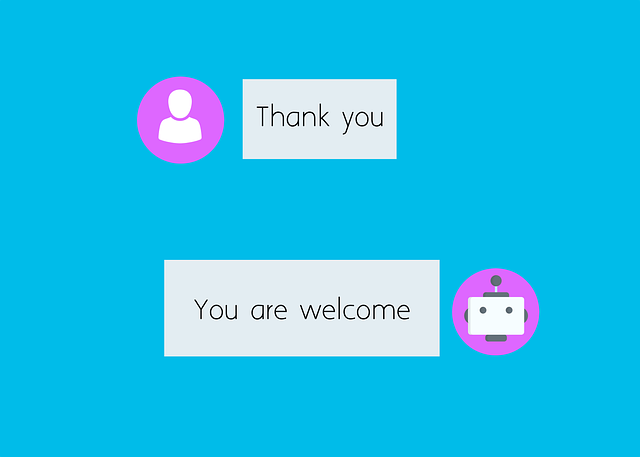AI has the potential to revolutionize rental property management by streamlining tasks, enhancing productivity, and enabling automation in areas like maintenance scheduling, rent collection, and customer service. It can analyze data to optimize pricing strategies and improve housing code compliance, allowing managers to focus on strategic decisions. AI integration brings both revolution and complexity, particularly regarding smart home systems and code compliance. Automation ensures adherence to local codes, offers real-time data analysis, and provides tailored solutions. The future of rental properties is shaped by AI-integrated smart home systems, offering convenience, efficiency, and reduced operational costs for landlords and enhanced living experiences for tenants through automation and customization.
“The intersection of artificial intelligence (AI) and smart home technology is transforming the landscape of long-term rentals. This article explores how AI integration systems streamline property management, enhance tenant satisfaction, and provide landlords with valuable insights. From efficient communication to automated housing code compliance using AI, these innovations are not just a convenience but a necessity in today’s digital era. We delve into these advancements, highlighting their potential to revolutionize the rental market.”
- Unlocking Efficiency: AI's Role in Streamlining Rental Property Management
- Smart Homes and Code Compliance: Navigating Regulatory Waters with Automation
- The Future of AI-Integrated Rentals: Enhancing Tenant Experience and Landlord Benefits
Unlocking Efficiency: AI's Role in Streamlining Rental Property Management

AI has the potential to unlock unprecedented efficiency in rental property management, streamlining tasks and enhancing overall productivity for landlords and property managers. By implementing AI-driven systems, properties can achieve seamless automation in various areas, from routine maintenance scheduling to rent collection and customer service interactions. These technologies can analyze vast amounts of data, identifying trends and patterns that help predict and prevent potential issues.
For example, AI algorithms can monitor occupancy rates, energy consumption, and tenant feedback to optimize pricing strategies and improve housing code compliance. The automation of mundane tasks allows property managers to focus on strategic decisions, enhancing overall operational efficiency. Moreover, AI’s ability to process vast datasets enables more informed choices regarding investment opportunities, ensuring properties remain competitive and appealing in the rental market.
Smart Homes and Code Compliance: Navigating Regulatory Waters with Automation

Smart Homes and Code Compliance: As AI continues to revolutionize the housing sector, the integration of automated smart home systems raises important questions regarding regulatory compliance. Ensuring that advanced technologies in residential settings adhere to local housing codes is a complex task. Automation, powered by AI, can streamline this process by efficiently monitoring and adjusting various aspects of a property, from energy usage to security measures, thus ensuring they meet necessary standards.
This integration requires a delicate balance between technological innovation and legal framework. Developers and homeowners must stay informed about evolving code requirements, often involving intricate details on electrical wiring, fire safety, and data privacy. AI housing code compliance automation can play a pivotal role in this navigation by providing real-time data analysis, identifying potential gaps or non-compliance issues, and offering tailored solutions to meet or exceed regulatory standards.
The Future of AI-Integrated Rentals: Enhancing Tenant Experience and Landlord Benefits

The future of rental properties is set to be transformed by Artificial Intelligence (AI)-integrated smart home systems, revolutionizing both tenant experiences and landlord operations. By seamlessly integrating AI into long-term rentals, landlords can automate many aspects of property management, ensuring code compliance and efficient maintenance. This technology enables tenants to customize their living environment through voice commands or mobile apps, allowing them to control lighting, temperature, and security with ease.
AI housing automation goes beyond convenience; it offers significant benefits for both parties. Tenants enjoy a modern, adaptable living space that learns their preferences over time, while landlords benefit from reduced operational costs, improved tenant retention, and streamlined property management. With AI handling routine tasks, landlords can focus on strategic decision-making, fostering a more profitable and stress-free rental experience.
AI integration in long-term rental properties through smart home systems offers a promising future for both landlords and tenants. By streamlining property management, enhancing safety, and improving energy efficiency, these technologies can navigate regulatory waters with ease. Automation ensures compliance with housing codes, while intelligent design prioritises tenant comfort and convenience. As AI continues to evolve, the potential for revolutionising the rental market is undeniable, creating a symbiotic relationship that benefits all parties involved.
